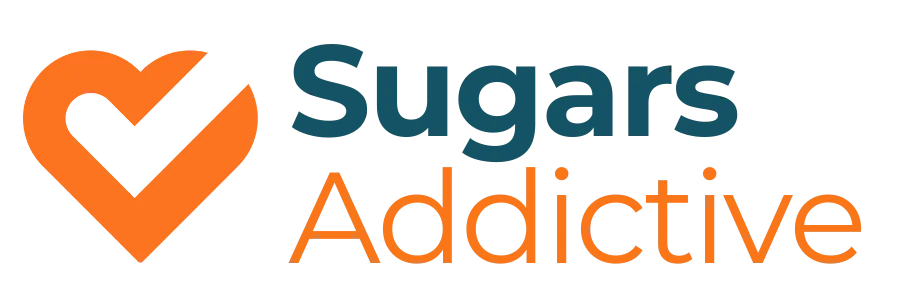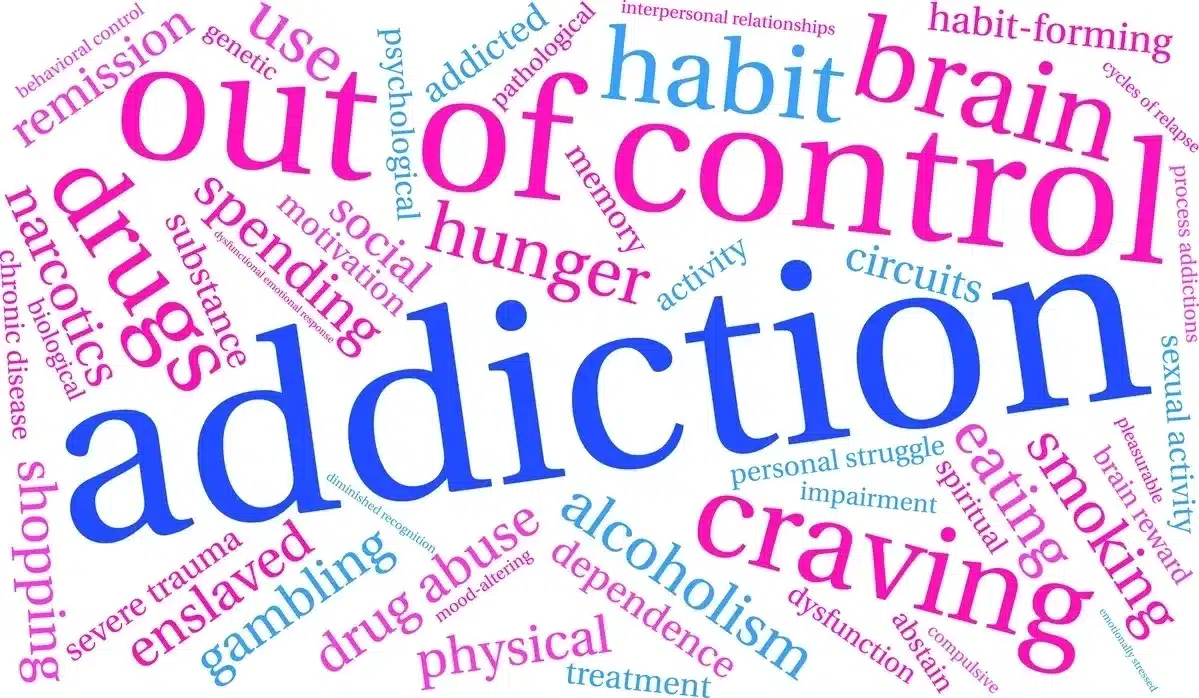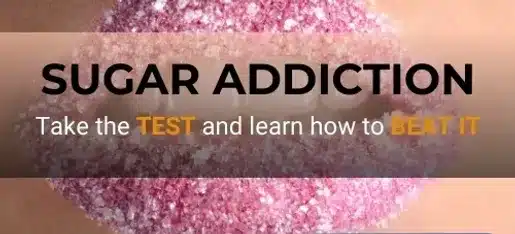Introduction
Addiction is a complex disease that affects the brain and behavior of individuals. It may be associated to overindulgance in variety of substances and activities; gambling, shopping, sex, gaming, alcohol, medication, drugs, and of course food (sugar). Despite the harmful consequences these may have on one’s life, the activity or consumption persists. The disease of addiction is characterised by a compulsive focus on obtaining and consuming a substance or undertaking an activity, leading to impaired functioning in various aspects of daily life. It is crucial to understand the impact of addiction on the brain and explore effective treatment options for recovery.
The Brain and Addiction
The brain is the most intricate organ in the human body, consisting of neurons organised into circuits and networks. These neurons communicate through neurotransmitters, which allow for the flow of information and the functioning of different brain systems. Addiction primarily affects two key systems in the brain: the reward system and the stress system.
The reward system is responsible for experiencing pleasure in response to rewarding stimuli, such as food or sexual activity. The stress system helps individuals cope with threats and dangers. When these systems are simultaneously activated by addictive substances or behaviors, a cycle of addiction is established. The reward system releases dopamine, a neurotransmitter that produces feelings of pleasure, while the stress system releases cortisol, a hormone that induces negative emotions. This combination creates a powerful urge to continue using the substance or engaging in addictive behaviors.
The Impact of Addiction on the Brain
Addiction causes significant changes in various areas of the brain, leading to altered functioning and behaviors. Three key areas affected by addiction are the basal ganglia, extended amygdala, and prefrontal cortex.
- The basal ganglia, crucial for positive motivation, is triggered by drugs, leading to an overactivation of the reward circuit. This results in a sense of euphoria and pleasure. With repeated drug use, the reward circuit adapts, making it difficult to experience pleasure without the substance.
- The extended amygdala, responsible for processing anxiety and unease, becomes more sensitive with drug use. This leads to the development of withdrawal symptoms when the drug’s effects wear off.
- The prefrontal cortex, responsible for decision-making and impulse control, experiences a reduction in its functioning. This impairment contributes to the development of compulsive behaviors associated with addiction.
Treating the Disease of Addiction
Recognising addiction as a syndrome with common underlying factors, rather than viewing different expressions of addiction as distinct disorders, allows for a more comprehensive approach to treatment. It is essential to address both the substance use disorder and any co-occurring mental health disorders simultaneously. Treatment should be tailored to the individual’s specific needs, considering factors such as the severity of the addiction, the specific substance or behavior involved, and any underlying mental health conditions.
Sugars Addictive provides effective help for food addiction, our specialised treatment programs combine a variety of approaches, including behavioral therapies, education and support. Behavioral therapies, such as cognitive-behavioral therapy (CBT) and dialectical behavior therapy (DBT), help individuals develop coping mechanisms, challenge negative thought patterns, and address underlying issues contributing to addiction.
Gaining Control and Improving Brain Function
Recovery from addiction is possible with the right treatment and support. Research has provided a better understanding of how the brain learns and changes, offering hope for individuals seeking recovery. Sugars Addictive offers comprehensive treatment programs designed to address the challenges of addiction.
Through our personalised treatment programs, education and one to one support, you’ll feel empowered to overcome all withdrawal symptoms, manage cravings, and address the underlying causes of addiction. The focus is on restoring the brain’s normal functioning and providing individuals with the tools and skills to maintain long-term recovery.
Conclusion
Understanding the disease of addiction and its impact on the brain is crucial for effective treatment. Addiction alters brain function and behavior, leading to impaired decision-making, emotional control, and memory. However, with the right treatment and support, you will regain control of your life and overcome addiction. Sugars Addictive offers a range of comprehensive treatment programs tailored to individual needs, providing hope and a path to recovery. If you or someone you know is struggling with addiction, start the journey today towards a healthier and happier life. It all starts with our screening questionnairre and booking your Discovery Call.
Professional Sugar Addiction Help
A Sustainable Recovery
At Sugar Addictive, we understand how overwhelming it can be to struggle with an addiction to sugar and binge eating disorders. Developed by Kate Oliver – leading specialist in overeating disorders and relapse prevention strategies, our personalised programmes are structured to offer you the support and direction necessary to conquer your addiction and reclaim control of your life. Our comprehensive treatment programs are designed specifically for people struggling with sugar addiction.
We use a range of evidence-based therapies to help you develop the skills and strategies you need to manage your addiction and maintain long-term recovery. Our team is fully committed to your success, and we will work with you every step of the way to ensure that you get the help you need.
Don’t let sugar addiction control your life any longer. Contact us today to learn more about our treatment programs and take the first step towards a healthier, happier you.





